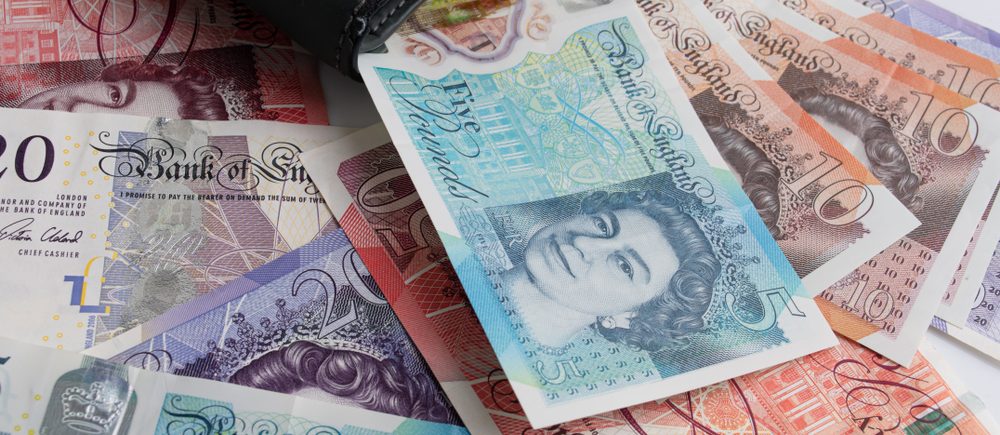The GBP/USD pair has managed to remain positive on the week, up by 0.82%. The UK Prime Minister Boris Johnson won a no-confidence vote, and the GBP positively reacted to this piece of political news.
The sterling climbs for the second straight day amid two days of a volatile trading session on the backdrop of political issues, mainly Johnson’s no-confidence vote on Monday. The GBP/USD is trading at 1.2593, gaining 0.54% while the World Bank has reduced the global economic growth from 4.1%.
Tumbling US Treasury yields narrow the spread between the 10-year US and UK bond yields. However, the sentiment shifted negative, as European bourses closed with losses, while US equities showed some weakness, except for the Russell 2000, up by 0.53%. After Wall Street opened, the World Bank lowered the global growth forecast to 2.9% from 4.1% in January. World Bank President David Malpass said that “the risks of stagflation, the Russo-Ukraine war, and lockdowns in China have been hammering growth and that a recession will be hard to avoid for many countries.
Meanwhile, though global inflation is expected to moderate next year, it will likely remain above target in several economies“.
Worth noting that in the Asian session, the Reserve Bank of Australia (RBA) hiked rates by 0.50%, adding to the list of hawkish central banks globally. The US Dollar Index, a gauge of the buck’s value versus six peers, records minimal losses of 0.01%, sitting at 102.401, a tailwind for the GBP/USD.
As far as economic data is concerned; the UK’s data boost the pound, and the US Trade deficit shrinks. The UK economic docket featured the S&P Global/CIPS UK Services and Composite PMIs indices. The Services rose by 53.4, higher than expected but trailed the 58.9 April’s reading. Composite rose by 53.1, showing that activity is slowing, meaning that the UK stagflationary scenario looms.
Earlier, UK Retail Sales shrank by 1.5% YoY, vs. a -1.70% a year before. Sales continued to see declines as the cost-of-living crunch squeezed consumer demand. Higher value items, such as furniture and electronics, took the biggest hit as shoppers reconsidered major purchases during this difficult time.
The US economic docket featured the Trade Balance, which showed that the deficit narrowed by the most in almost nine and half years in April, as exports jumped to a record high of $252.6 billion versus March’s $244.1 billion. Late in the week ahead, Initial Jobless Claims, inflation figures, and Consumer confidence would give GBP/USD traders the current status of the US economy.

Pound, Sterling
 Noor Trends News, Technical Analysis, Educational Tools and Recommendations
Noor Trends News, Technical Analysis, Educational Tools and Recommendations




